Embracing Volunteering

Celebrating Volunteers’ Week 2023, Dr Katerina Kolyva, CEO at the Education and Training Foundation reflects on volunteering and the positive impact that it brings to individuals, their communities and to society as a whole.
Volunteers’ Week (1–7 June) has been an opportunity to celebrate the millions of people who make a difference in their communities across the UK. I’ve always found volunteering stories fascinating and inspiring; both because of the things they help others to enjoy and achieve, and because of the positive impact that volunteering has on individuals, organisations, communities, and society. For me, the best bit about volunteering is the difference it makes, the people you meet along the way and the stories that you hear and become a part of.
My own volunteering journey
My own volunteering journey began because I wanted to use my skills outside of my day job to support a cause close to my heart. In return, I got the chance to further my own learning and develop my professional networks. As I have progressed in my career, my volunteering has also progressed and changed direction. I started volunteering nearly 30 years ago as a young French teacher offering free lessons to young children from low-income families, who would not otherwise have had the opportunity to learn a foreign language.
I recall how proud I was with their progress and the joy I felt receiving their feedback. I currently volunteer as a trustee and governor in causes that are close to my professional expertise, such as the charity sector, membership organisations, healthcare and education. I find that every contribution I make helps me to share my experience while learning from the shared experiences of others. It is definitely a reciprocal process.
Today, I am a trustee at the Queen’s Nursing Institute (QNI), a governor at PETROC College, and Chair of the Women CEO group at ACEVO. For each of these roles, I went through a competitive recruitment process similar to that you’d encounter when applying for a job.
That process was informative, helping me to train myself in interviewing from a non-executive perspective. The roles have taught me much about providing effective strategic support to help organisations thrive, and about the fine balance that is needed between challenging and supporting the executive team while keeping an appropriate distance from their operational activities.
With each of these volunteer roles, my learning has continued in post affording me differing experiences and opportunities and allowing me to gain knowledge in areas I might have not been involved in before. My volunteering in the QNI helps me with conversations at the ETF now about professional standards; my volunteering in PETROC college offers insights to the sector that we serve; and my volunteering at ACEVO supports my leadership development and allows me and other CEOs to share ideas and learn across organisational and sector boundaries.
I have found that non-executive roles in particular help me understand my role as CEO of a charity from a different perspective and support me in my relationship with the Board of Trustees. They maintain my critical thinking and help me contribute to strategic conversations.
This kind of volunteering gets me engaged with local communities, learners, and teachers
In turn, this kind of volunteering gets me engaged with local communities, learners, and teachers. It helps me to better understand the context of my work and that of the sector and keeps my thinking fresh. Maintaining that closeness to the people you exist to serve helps me to ensure that as an organisation we deliver on what they want and need.
Given my experiences, you will not be surprised to learn that I am a big advocate for volunteering. I recognise, of course, that not everybody is able to volunteer, but where people can enjoy such opportunities, I highly recommend doing so.
A well-embedded culture of volunteering
When I became CEO of the Education and Training Foundation earlier this year, I was delighted to find that the organisation already had a well-embedded culture of volunteering. As an organisation with education at its core, this went beyond simply paying lip service to its value, by allocating paid days off for staff so that they can undertake volunteering. This kind of corporate, organisation-level support for volunteering can make a big difference, transforming intention into action.
In the case of the ETF, it certainly has. There are numerous examples of colleagues volunteering that span a wide range of experience. Many of our staff volunteer in the FE and Training sector – often in governance roles – but others have chosen roles in other parts of education including early years, and in community organisations. Examples range from being a befriender for mental health charity MIND, to utilising professional accountancy skills to help local scout groups with their accounts. From my own experience I know well what these opportunities will have done for colleagues’ own development and the value these have in informing our work.
We have people who have experienced Ofsted inspections first-hand, who have advised on improving learner experience – including for those with SEND and inclusion needs – and who have helped providers realise the potential of digital. In doing so, they have of course worked closely with the leaders of the institutions at which they volunteer, as well as with staff and learners. They have gained new perspectives and enriched the knowledge of our teams, bringing the education sector into the heart of our organisation.
Focusing on the end game
While recognising the plurality of the FE and skills sector and the benefit that volunteering brings into the sector and the wide skills and capabilities that those within support and share, it is key to focus on the end game here – that of the impact that volunteering brings not only to individuals but also to their communities and to society as a whole.
What all of this tells us is that volunteering is hugely enriching; for those involved, their employers and the organisations and people they volunteer with. That is something to celebrate. As leaders, to support those working and learning within our multifaceted sector, we need to commit to embedding the spirit of volunteering across the board to encourage and enable our organisations, teams, and staff to embrace volunteering for the benefit of our sector and those who ultimately benefit from it.
Enjoyed this article.. well hear and work with Katerina at the FE Collective
What is the FE Collective?
The FE Collective is a flipped conference, where the audience will work together to tackle some of the biggest challenges in the FE and Skills sector. To collectively share ideas, visions and solutions for the system of the future.
This is an outcome-driven gathering of thought leaders and influencers, working together to come up with a collaborative report.
Find out more about the FE Collective, check out the agenda and get your tickets down below!
FE News on the go…
Welcome to FE News on the go, the podcast that delivers exclusive articles from the world of further education straight to your ears.
We are experimenting with Artificial Intelligence to make our exclusive articles even more accessible while also automating the process for our team of project managers.
In each episode, our thought leaders and sector influencers will delve into the most pressing issues facing the FE sector, offering their insights and analysis on the latest news, trends, and developments.


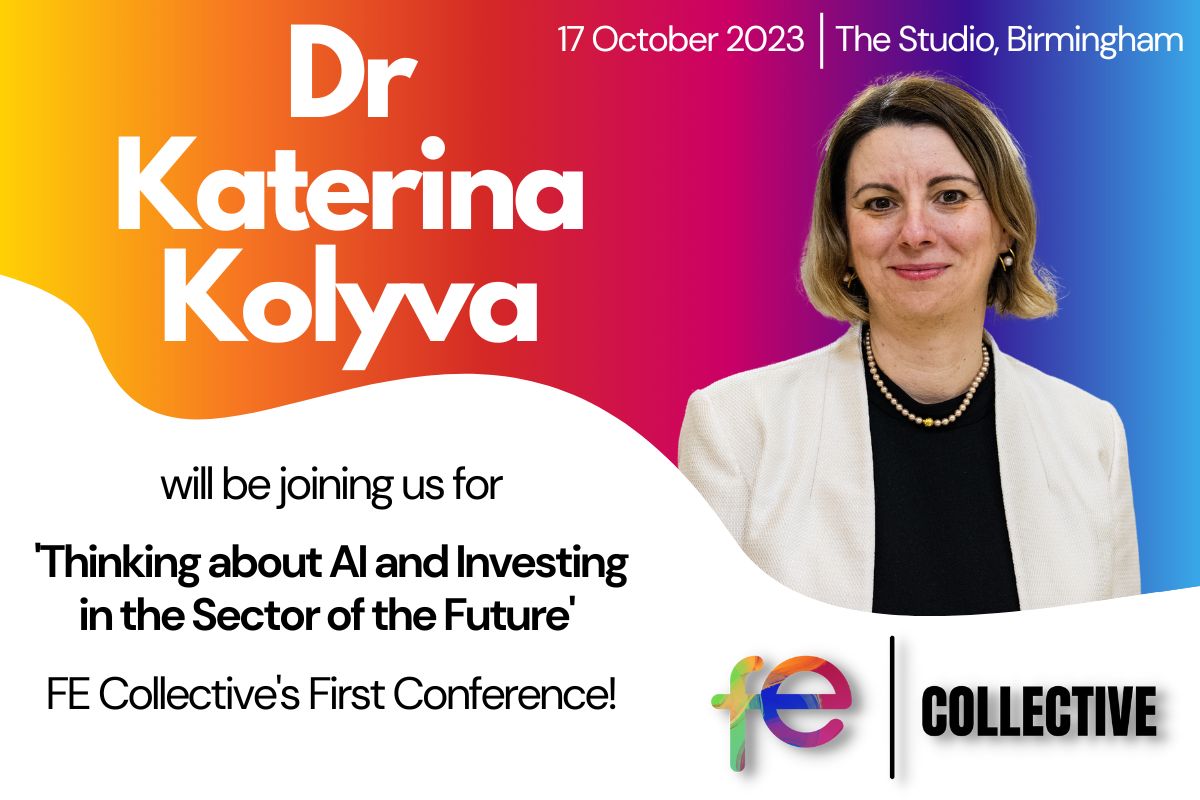

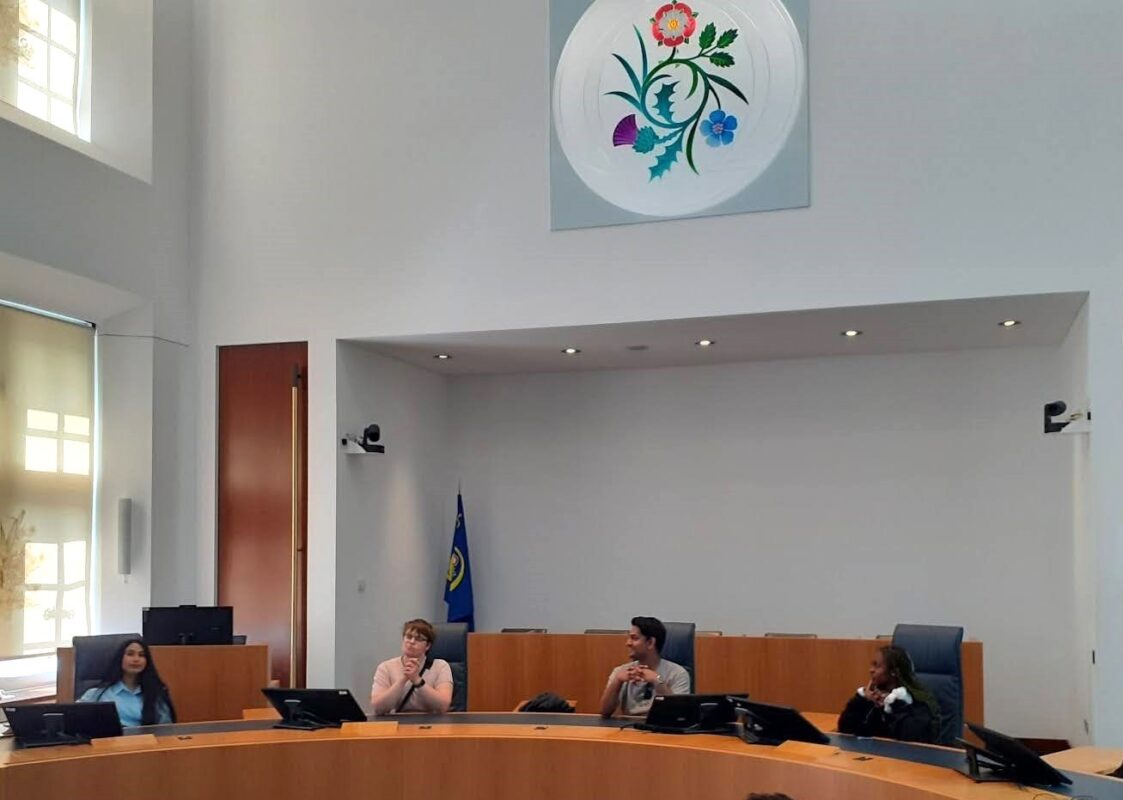


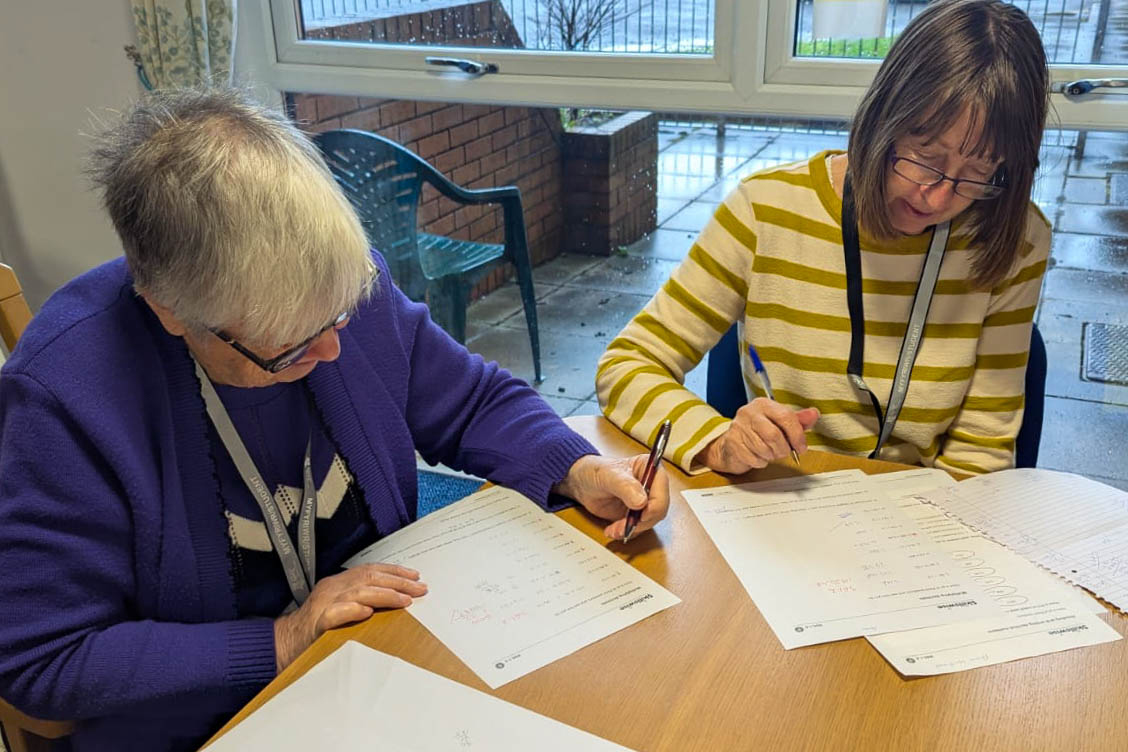
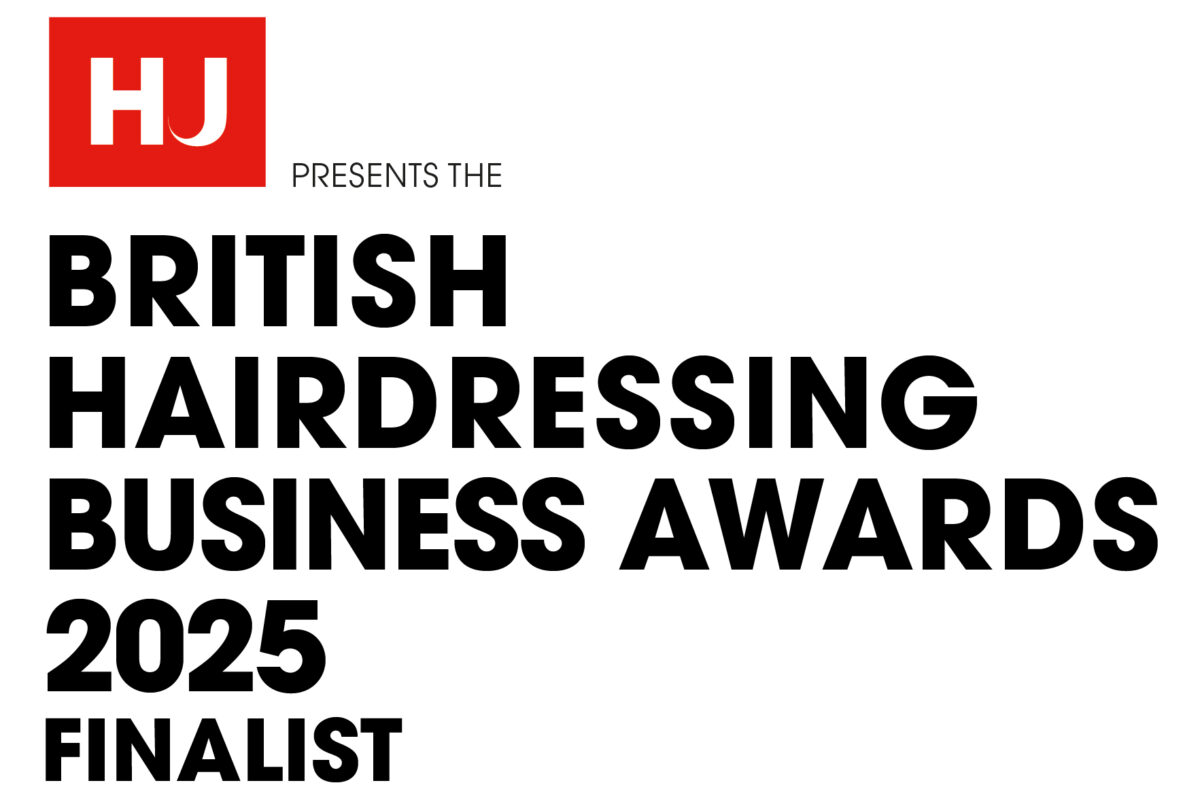


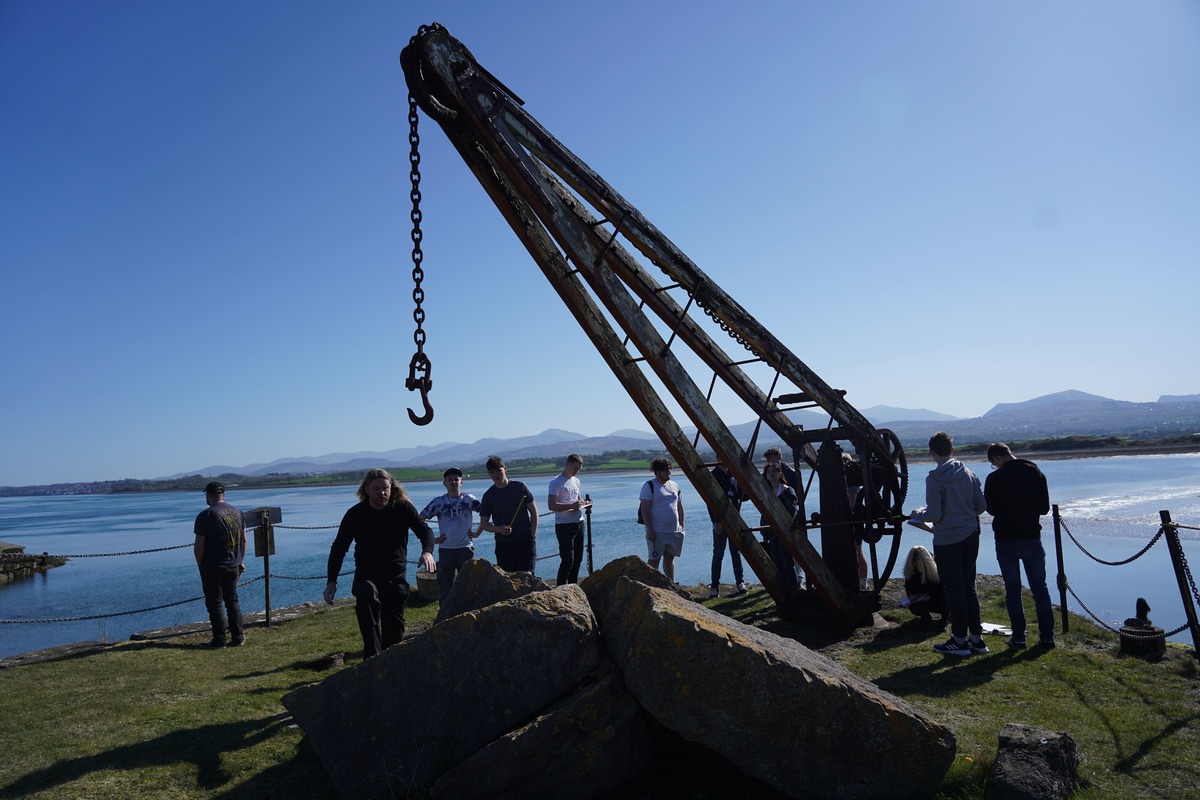

Responses